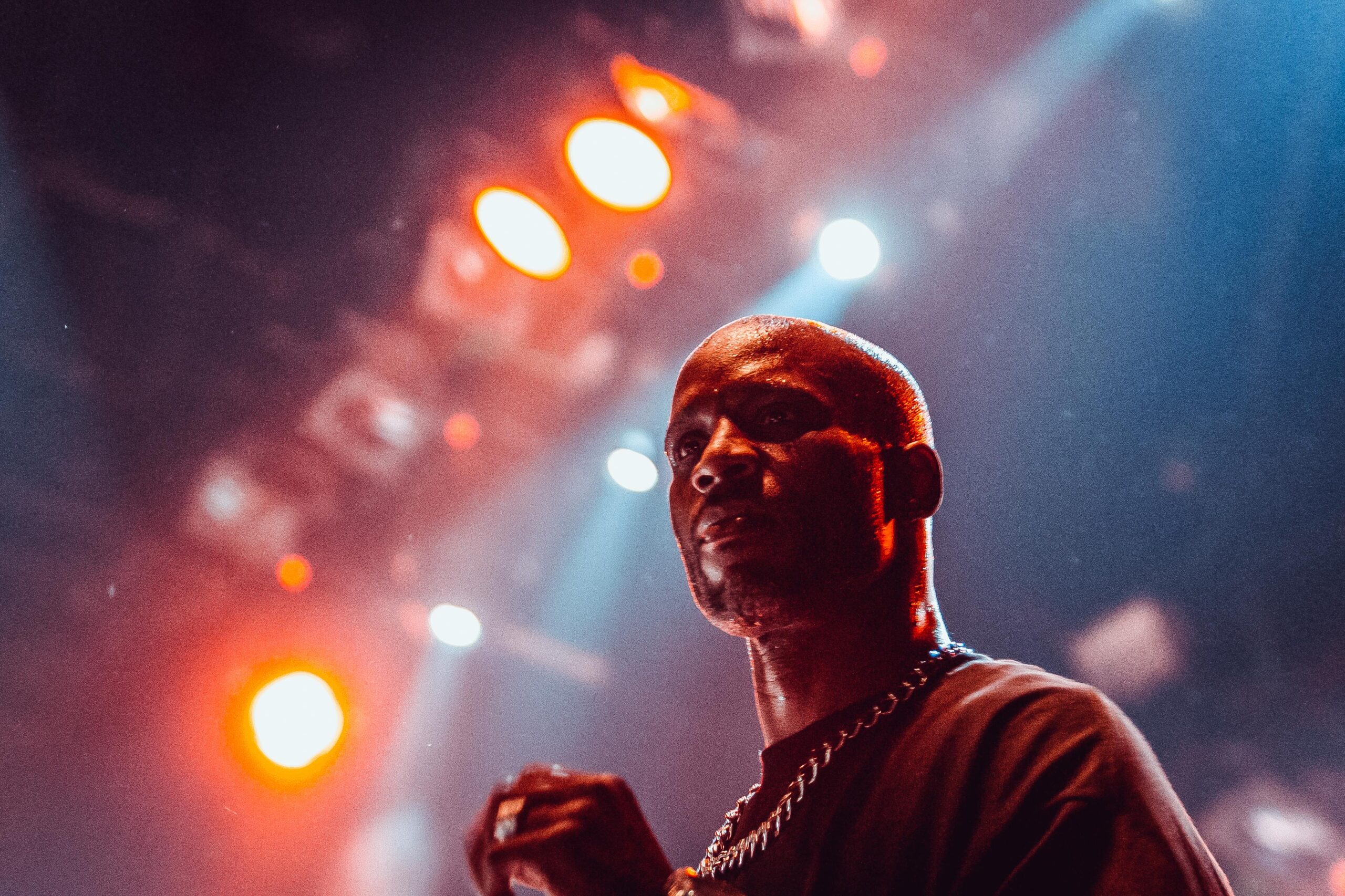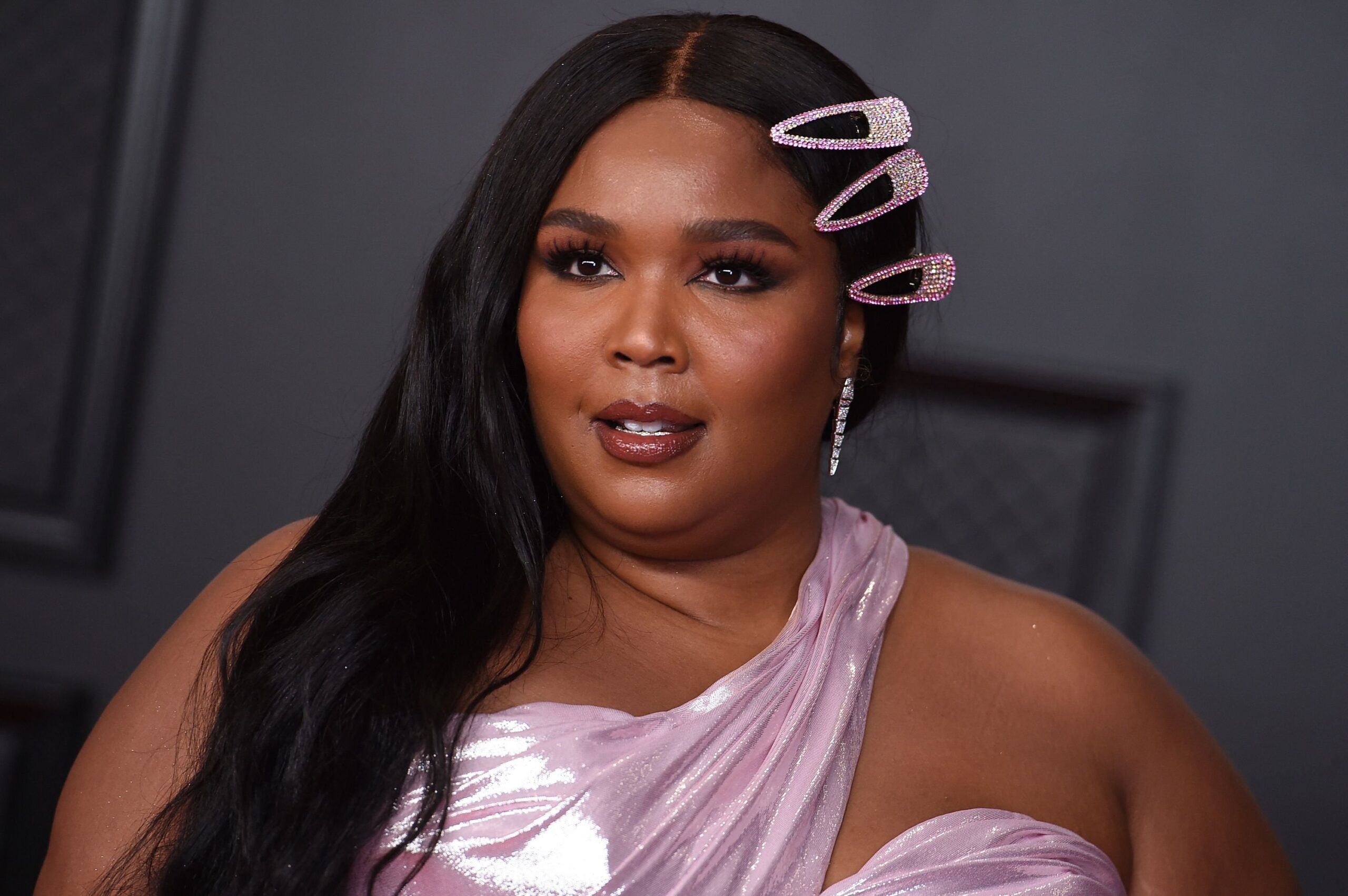This article includes affiliate links. We earn a commission if you make a purchase, with no extra cost to you. May is Mental Health Awareness Month, and there’s never been a better time to check in with yourself and make your well-being a priority. Whether you’re feeling overwhelmed, stuck, or just want to take better […]






